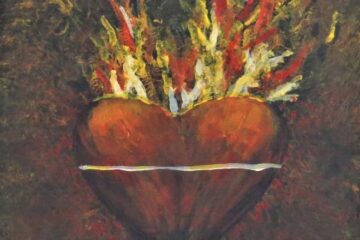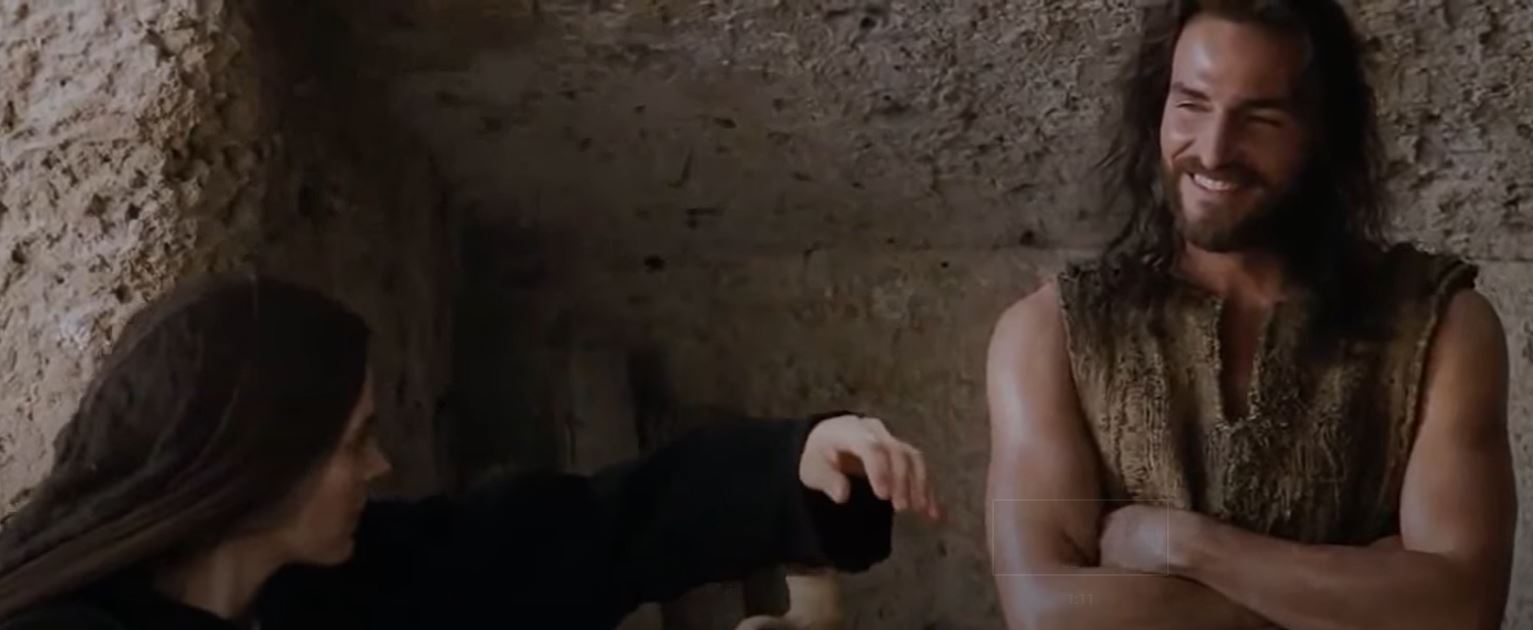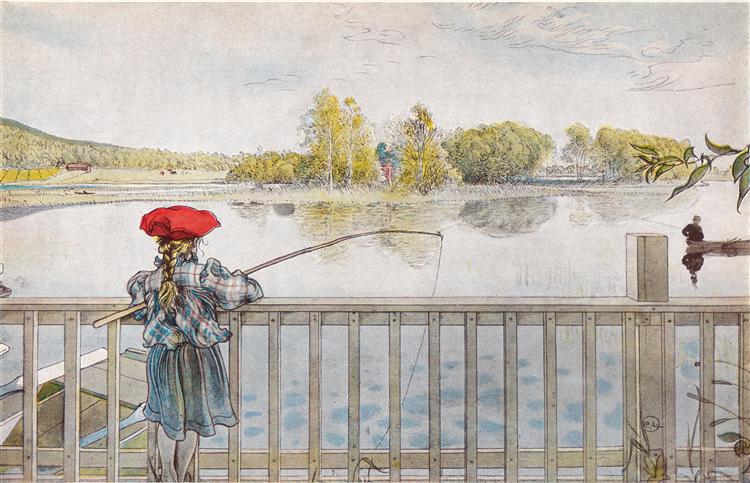In today’s Office of Readings, we come to the dramatic moment in Exodus 32, when stupid Aaron (really, what was he thinking?) tries to appease the unrelentingly dim multitudes by collecting their gold earrings and forming a calf for them to worship.
So all the people took off their earrings and brought them to Aaron, who accepted their offering, and fashioning this gold with a graving tool, made a molten calf. Then they cried out, “This is your God, O Israel, who brought you out of the land of Egypt.” On seeing this, Aaron built an altar before the calf and proclaimed, “Tomorrow is a feast of the Lord.” Early the next day the people offered holocausts and brought peace offerings. Then they sat down to eat and drink, and rose up to revel.
I’ve always been struck by how — again and again — God has to show his power to the people, through Moses, because they’re so “stiff-necked” and self-obsessed that they forget about the water from the rock; they forget about the parting of the seas; they forget everything God has shown them, in the day-to-day concerns of their lives.
Just like us, actually.
This particular verse, though, tells us something about idols. Here is this molten calf, and the people look at it and, stunningly, they cry out, “This is your God, O Israel, who brought you out of the land of Egypt.”
Now, come on. In their minds, they had to know it was no such thing, right? They’d lived through the reality of it. Then how could they?
In my book Strange Gods, Unmasking the Idols in Everyday Life I touch on it, a little:
…an idol is an idea, fleshed out or formed by craftiness and a certain needy self-centeredness. The golden calf constructed by the Jews in Exodus was a creation forged from the possessions of a confused, frightened people—people who, alone in the desert, sought something upon which they could project the qualities they imagined in themselves. The reflective gold gave them affirmation of their strength and greatness, which they could confirm with their own eyes, mirrored back at them.
What really struck me today was this last bit, when Moses returns to the people carrying the two tablets, and finds them making merry before the golden idol.
As he drew near the camp, he saw the calf and the dancing. With that, Moses’ wrath flared up, so that he threw the tablets down and broke them on the base of the mountain. Taking the calf they had made, he fused it in the fire and then ground it down to powder, which he scattered on the water and made the Israelites drink.
I love the fed-up pastoring Moses does here — how he both insures that the gold used in such a profane and idolatrous manner, insulting to God, will never again be used for human adornment, but also makes them take into themselves the emptiness of their idol, whose inert properties have no value to either harm their bodies or sustain them. The gold, he shows them, is nothing!. Grind it to a powder, sprinkle it on the water and drink it; it won’t kill you and it will not keep you alive. But the water can do both. Released in torrents it can wash away Egyptian soldiers; hewn from a rock, it can keep you and your family alive in the desert.
And who made the water? Not the golden calf, and not the people reflected in its empty gleaming.
It’s a Eucharistic lesson, too. Water sprinkled with gold is still just water. Wine, served in the most bejeweled cup, is still only wine. The appearance of glory has nothing to do with the Reality of Glory, which is Christ Jesus, who renders water into wine, wine into his own Precious Blood, bread into his Body.
A mystery worth shivering over in contemplation. In joyful contemplation. In the Reality of Christ in the Eucharist, we cannot see ourselves reflected in his Image. We can only see his reflection, in fact, through others, and they can likewise only see him in us.
How are you reflecting Christ, today?


